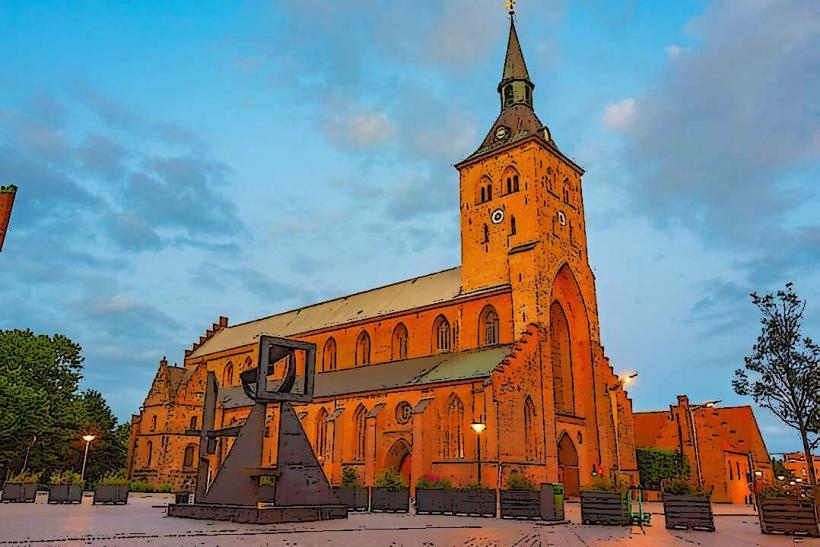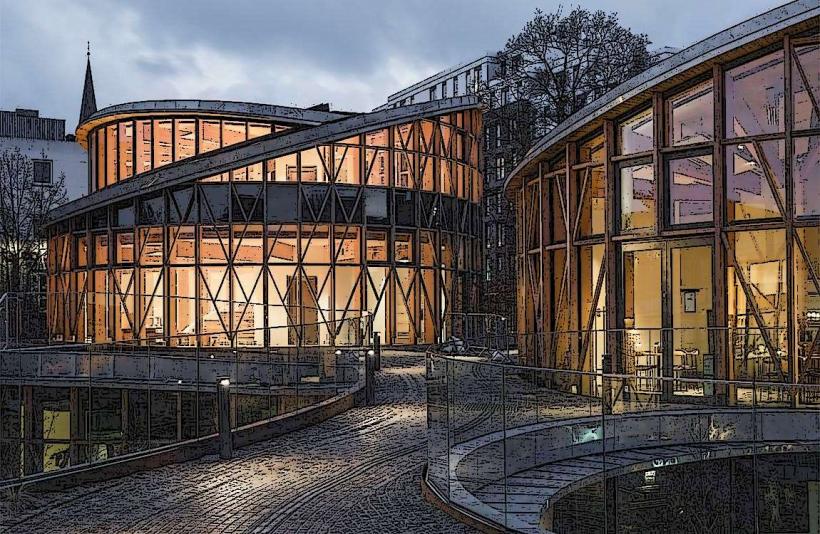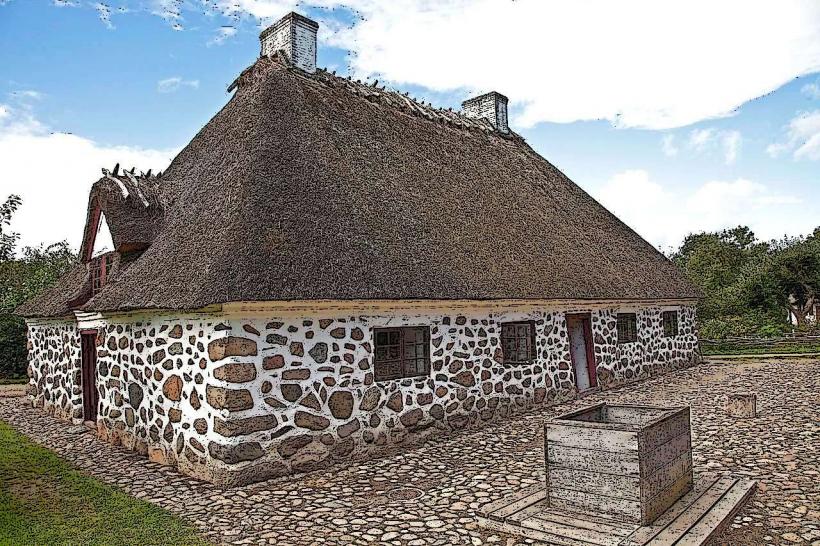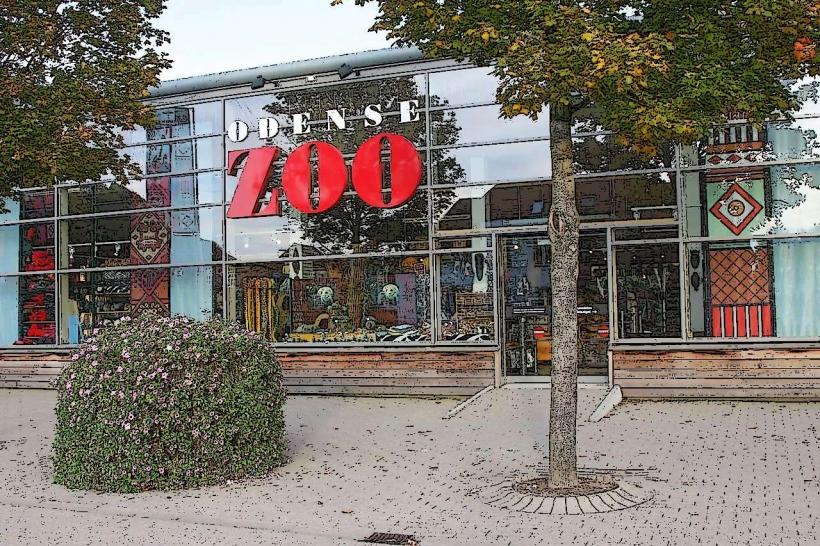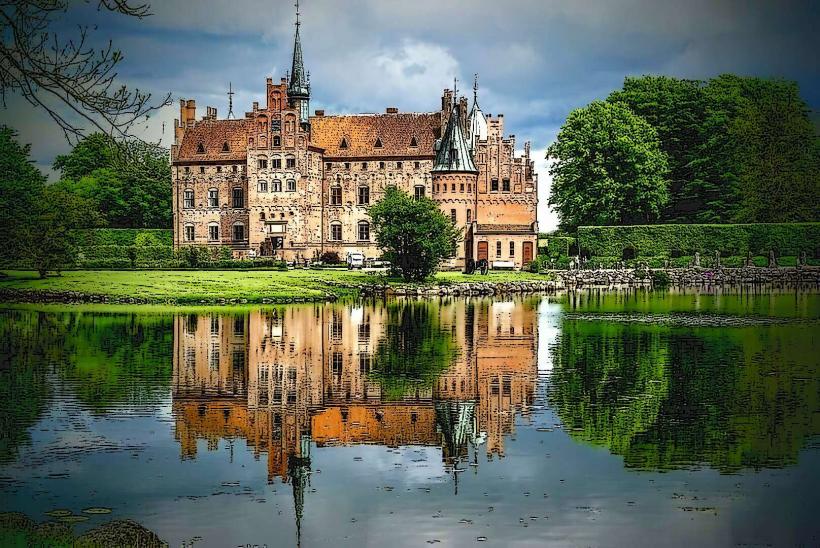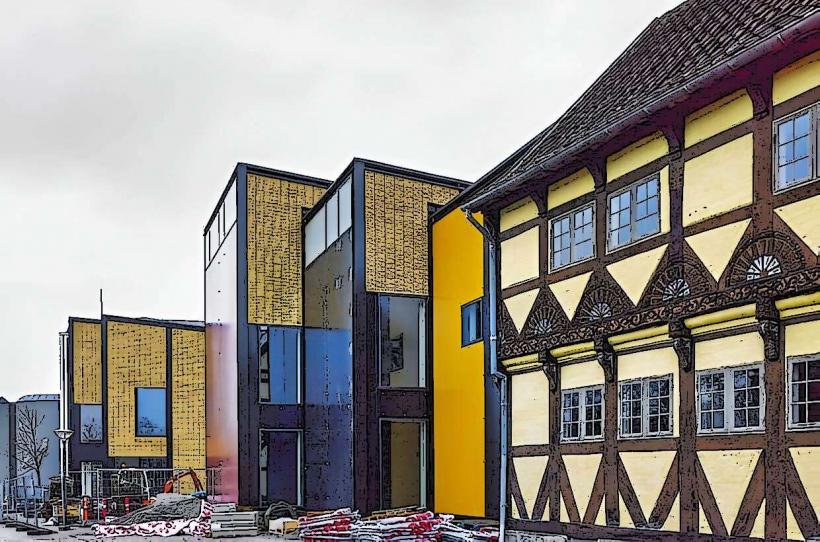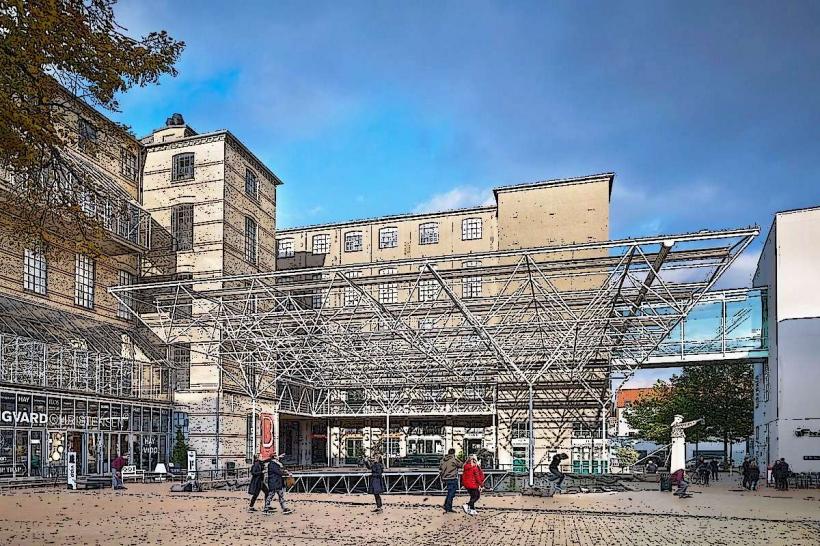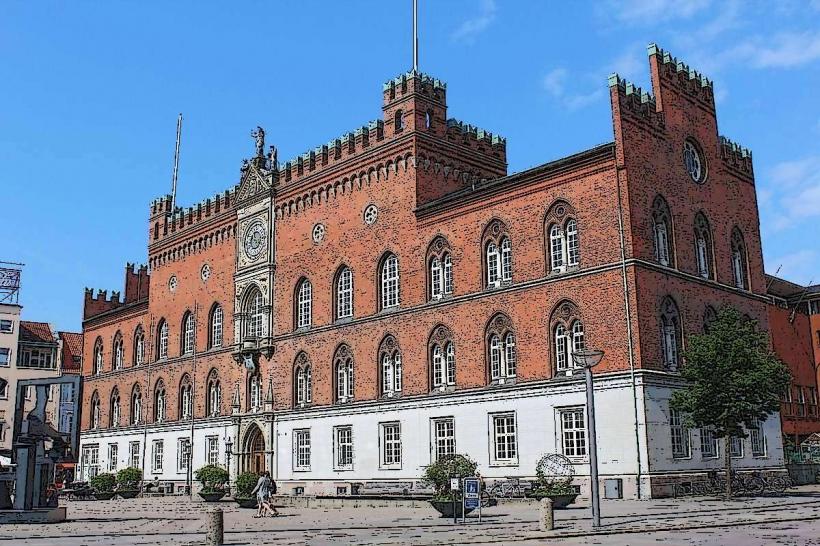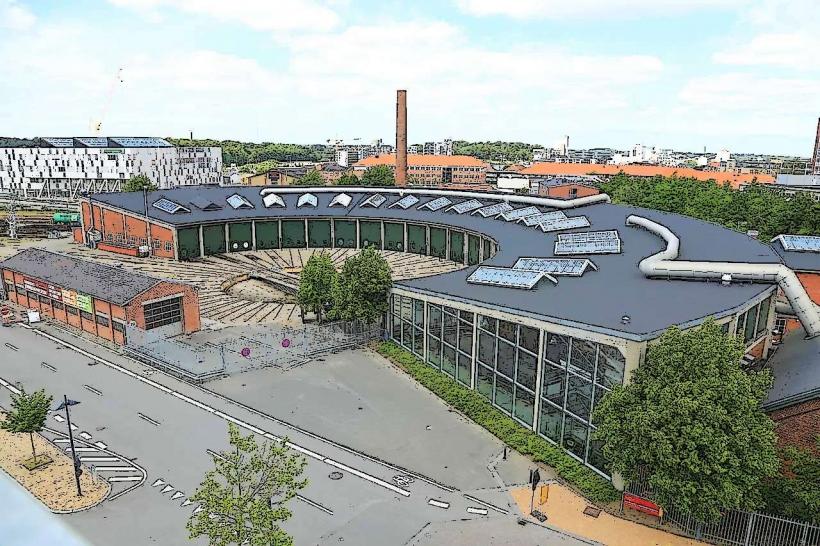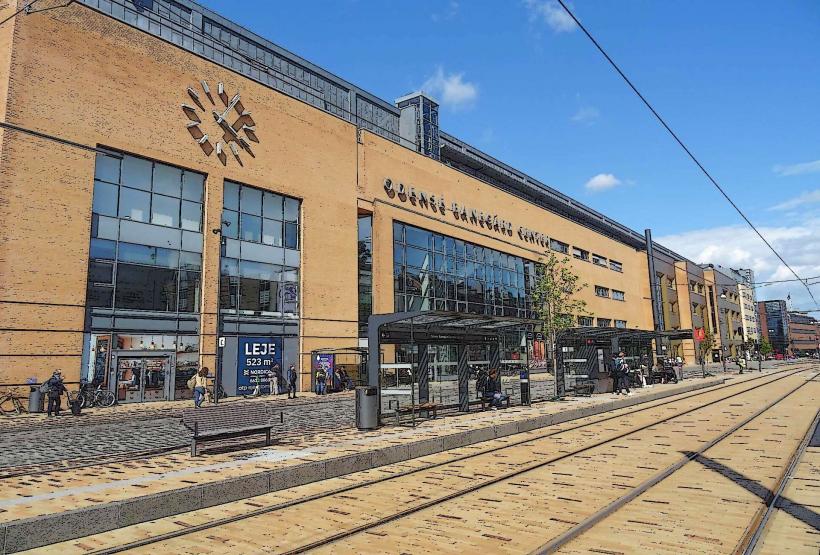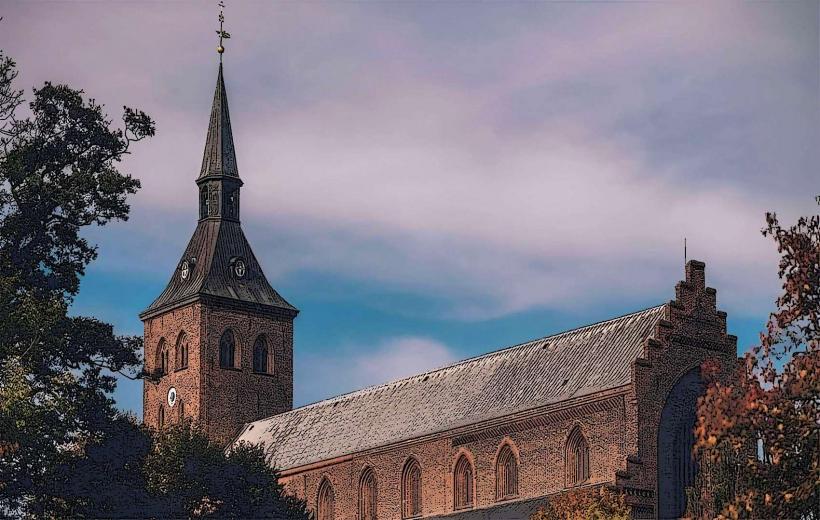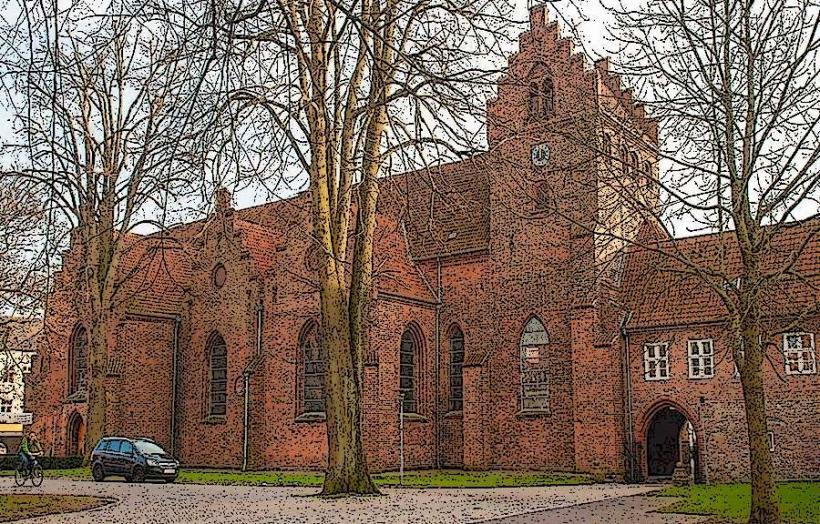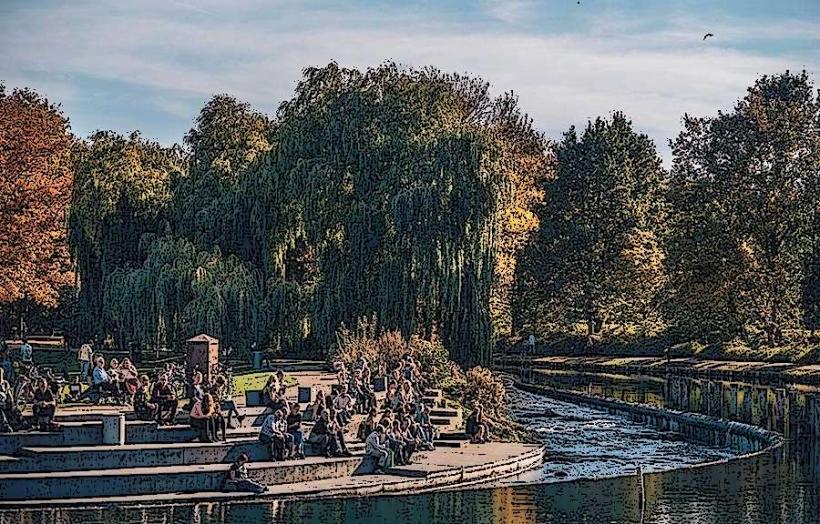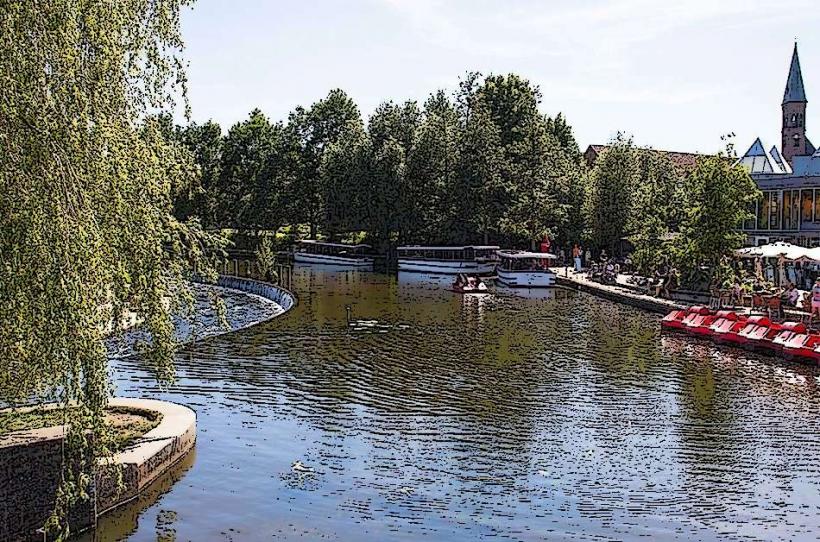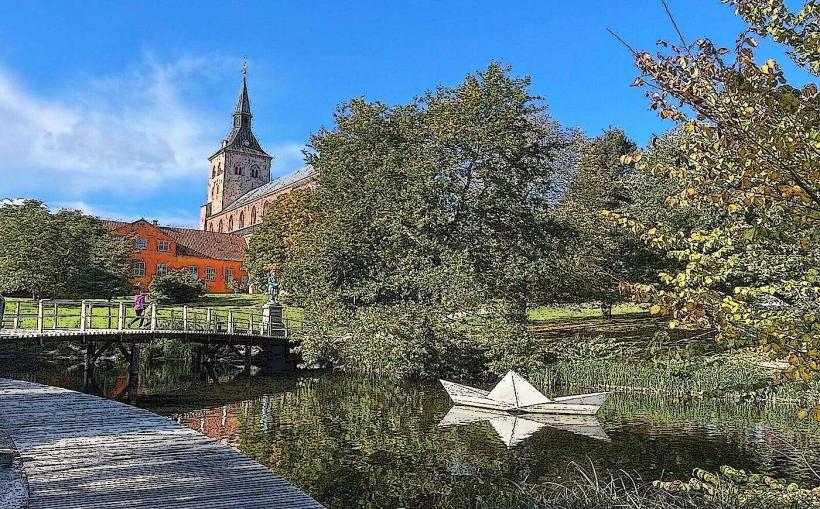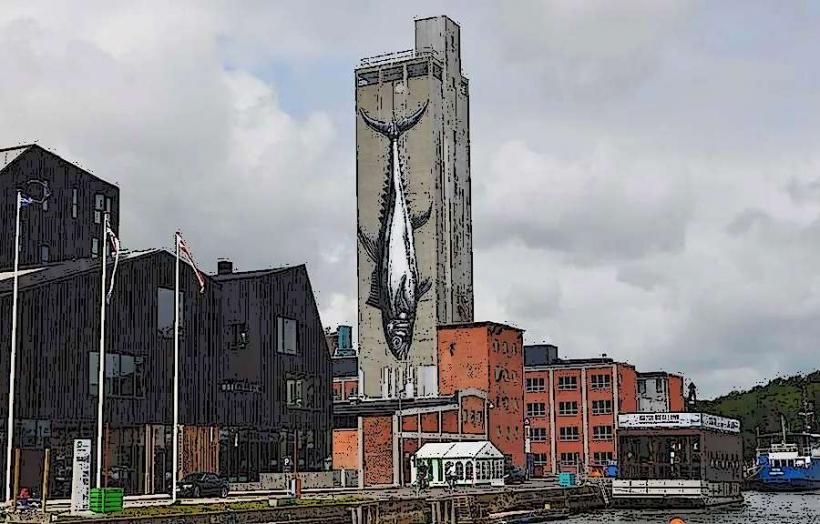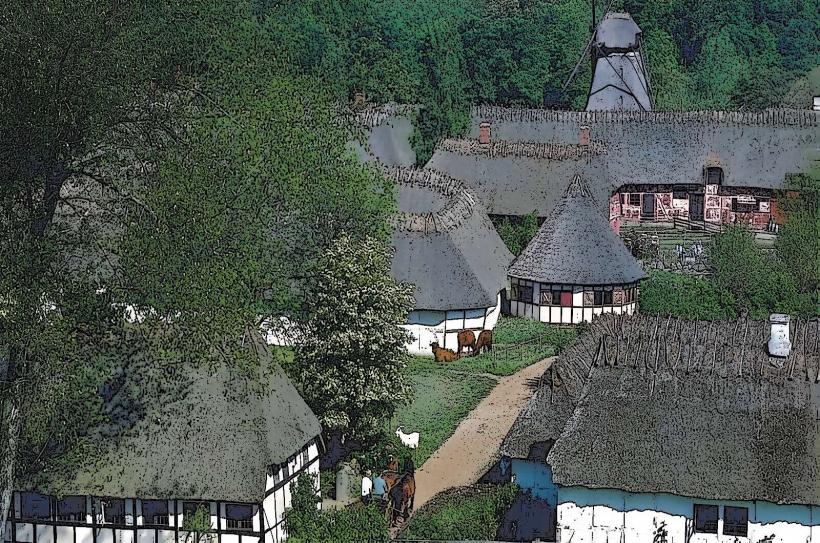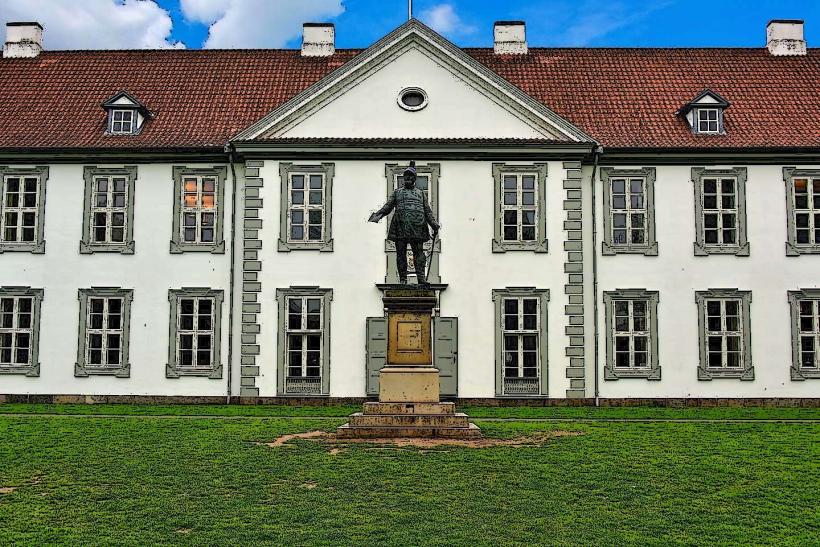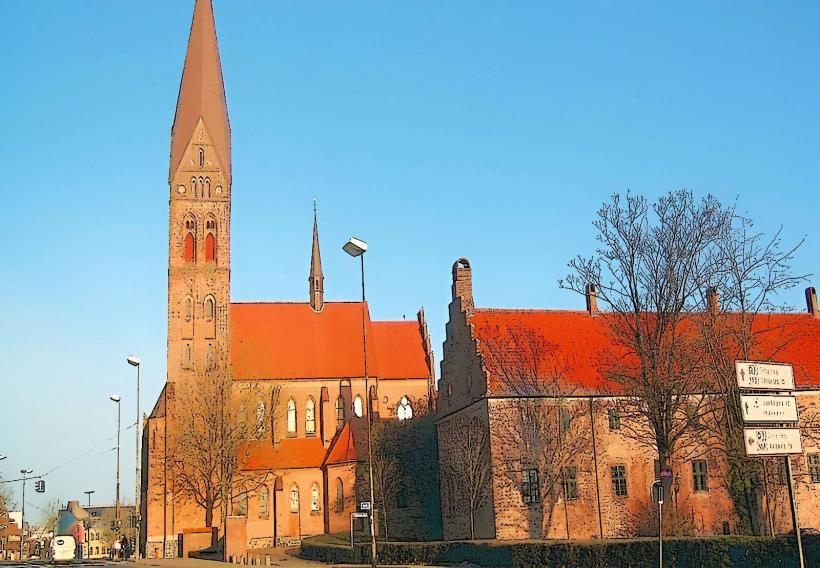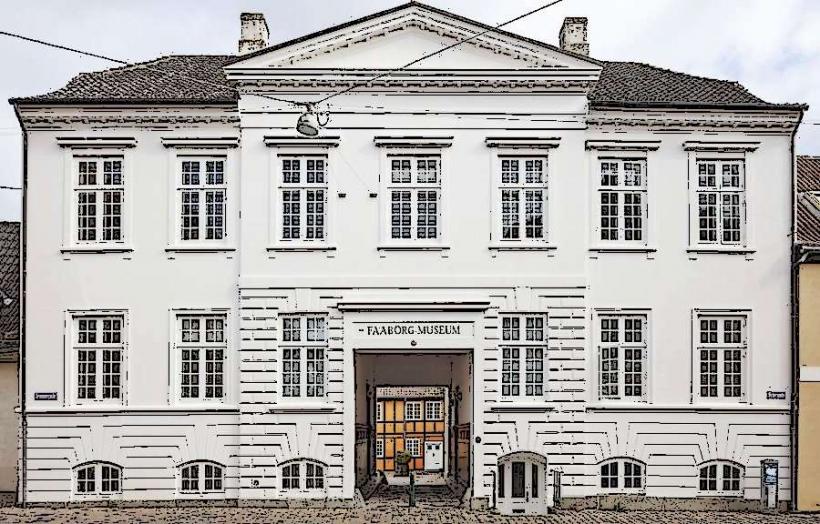Information
Landmark: Carl Nielsen MuseumCity: Odense
Country: Denmark
Continent: Europe
Carl Nielsen Museum, Odense, Denmark, Europe
Visual Characteristics
The museum is integrated into the modern structure of the Odense Concert Hall. Its exterior features clean lines and contemporary materials, primarily light-colored facades incorporating glass and concrete elements. It does not present as a standalone historical building but as a dedicated exhibition space within a larger, architecturally modern cultural institution.
Location & Access Logistics
The museum is situated at Claus Bergs Gade 11, 5000 Odense C. It is approximately 0.5 km east of the Odense Banegård Center (train station and main bus terminal), a walk of about 5 minutes. Paid underground parking is available directly at the Odense Concert Hall P-kælder. Numerous city bus lines serve the nearby area, with stops within a short walking distance from the concert hall entrance.
Historical & Ecological Origin
The Carl Nielsen Museum was established in 1986. It was designed by architects Knut Holscher and Svend Axelsson as part of the larger Odense Concert Hall complex, which opened in 1982. Its original purpose was to house and display the personal effects, scores, and artworks of Carl Nielsen and Anne Marie Carl-

